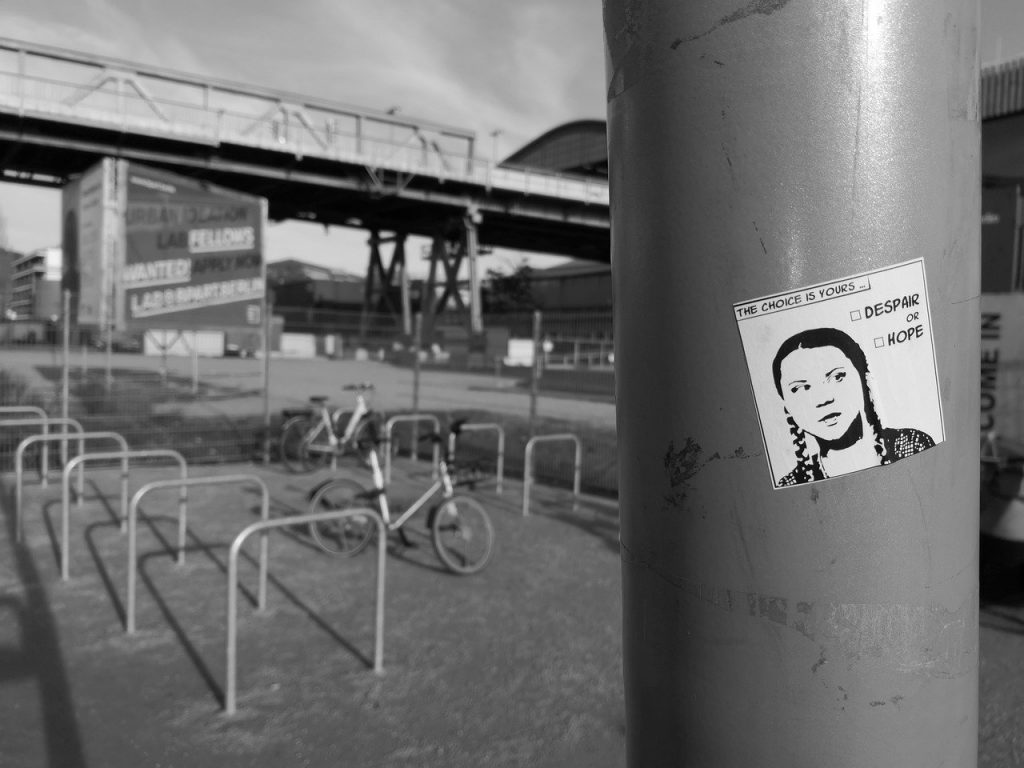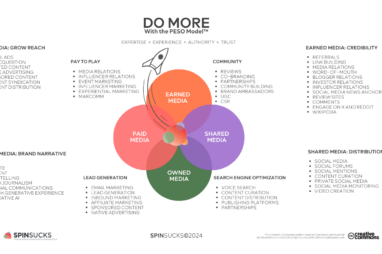Has climate change become the new Brexit?
The parallels are striking; The polarisation of left and right, the divisive use of language, fake news and personal smears. There are now even calls for the UK’s net–zero law to be put to a referendum.
Like Brexit, whatever side you take on climate change it is very hard to shift your view. That is because, as evolutionary psychologists have proved, facts rarely change our beliefs when we have taken a view. Confirmation bias – how, when we want something to be true, we believe it to be true – means we are hard-wired to put emotion before reason.
The dynamic of ‘fake news’, propaganda and distraction is not new, but social media, which is not regulated like newspapers and TV, has made it easier, and faster, to mislead.
As an industry we need to admit we are exposed and conflicted on the issue, say that we don’t yet have all the answers, but that we’re working on it. This requires true leadership and the bravery to be vulnerable. It also requires the ideas, creativity and energy of PR and advertising professionals.




